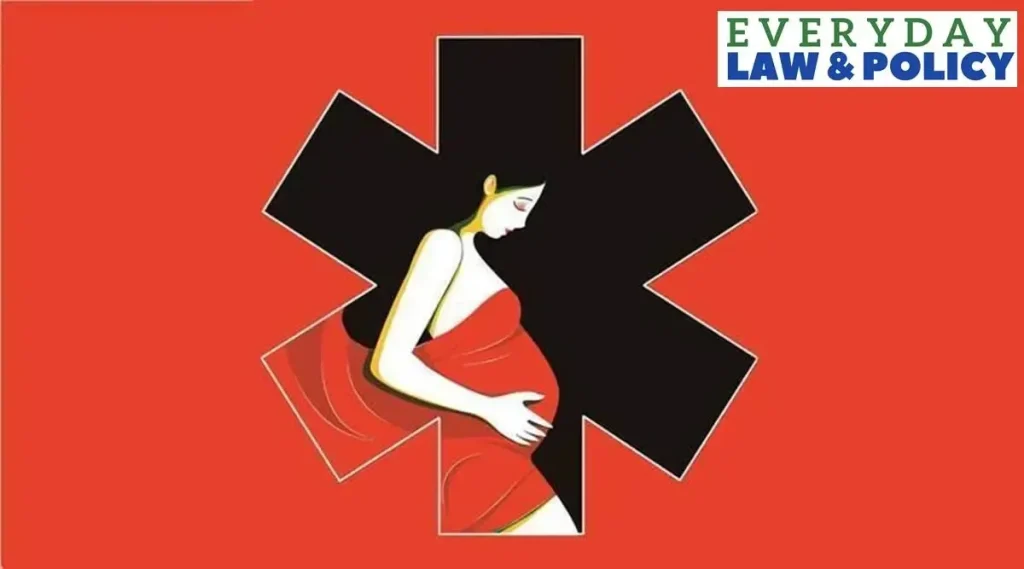
Legal Framework
Cabinet Resolution No. (44) of 2024, related to the Medical Liability Law, permits abortions in cases of non-consensual intercourse or pregnancies caused by close relatives. The Ministry of Health and Prevention has outlined the procedures and regulations related to permissible abortion cases. Although these changes mark a major step forward for women’s rights in the UAE, strict conditions apply, and the resolution is still pending official publication.
Permissible Circumstances
The new law specifies that abortion is permissible if the pregnancy results from intercourse against a woman’s will, without her consent, or if the person who caused the pregnancy is a close relative. Nicola Oliver, Lead Midwife at NeoHealth, highlighted that the law already allowed abortions in cases of severe risk to the mother’s life or fatal fetal abnormalities.
Key Provisions
Key provisions of the new law include:
- Women must report the circumstances immediately to authorities.
- Confirmation from Public Prosecution is required.
- The fetus must be less than 120 days old.
- The law applies to female residents who have been in the UAE for at least a year.
Expert Opinions
“These changes are a huge step forward for the UAE and all its female residents,” said Nicola Oliver. “It shows a desire to protect women left with the consequences of such crimes, and by clearly defining the conditions and procedures for these abortions, there is no ambiguity.”

James Clarke, Of Counsel at law firm BSA, noted, “This area of law continues to undergo rapid change in the UAE following the publication of a cabinet resolution identifying three further instances where abortion may take place in the country.”
Approved Instances for Abortion
Pregnancy termination is legally sanctioned in the UAE under these specific cases:
- Non-consensual or forced sexual activity.
- Pregnancy resulting from familial relations involving close family members.
- Joint application by a married couple, subject to committee endorsement.
- Significant threat to the mother’s wellbeing.
- Severe fetal abnormalities impacting the viability or quality of life of the child post-birth.
Approval Process
The abortion approval process involves:
- A committee formed by the health ministry, including an obstetrics/gynecology specialist, a psychiatrist, and a public prosecution representative.
- The committee has five business days to reach a unanimous verdict, supported by state-approved religious authorities.
- If consensus isn’t reached, the matter is escalated to the Minister or health authority head.
- Appeals can be made within five days, with the final decision being non-negotiable.
- Addressing Abortion Risks and Illegal Practices
While the law has expanded abortion access in specific cases, it remains illegal for other reasons. Nicola Oliver emphasized that procedures are generally safe but carry some risks. “Before 14 weeks, medical abortion can result in about 70 out of 1,000 women needing additional procedures due to retained pregnancy parts, with serious complications occurring in approximately 1 out of 1,000 cases,” she explained.
Both experts agree that these changes represent a significant advancement in women’s rights in the UAE. The cabinet resolution will take effect upon its announcement in the UAE’s Official Gazette, solidifying this progressive step in the nation’s legal framework. This move aligns with broader international standards and continues the positive changes to family law in the UAE, empowering women in line with the principles established by the late H. H. Sheikh Khalifa bin Zayed Al Nahyan.
